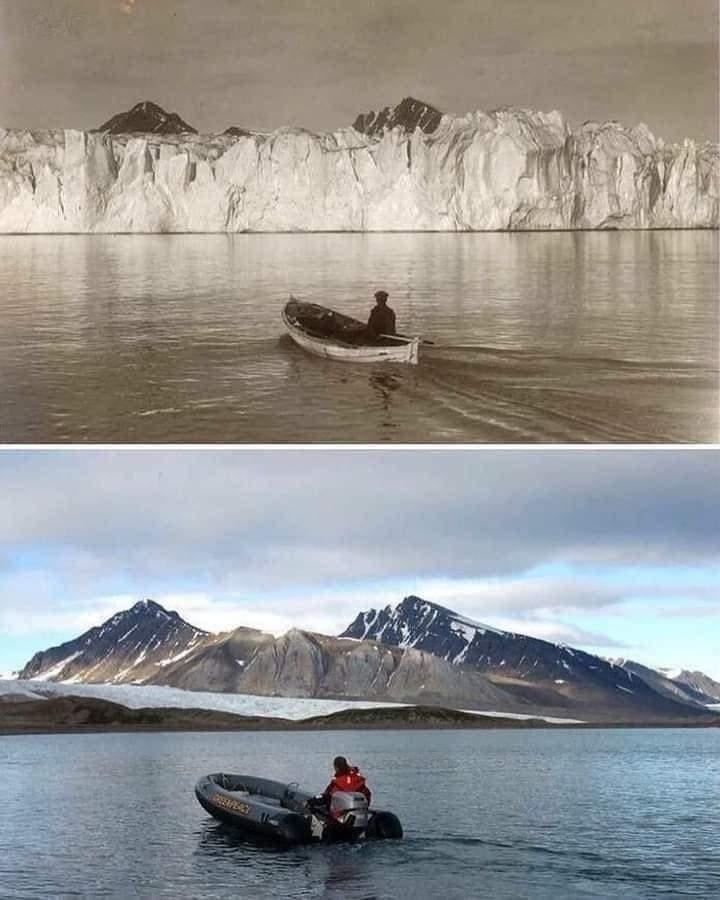this post was submitted on 25 Sep 2024
1204 points (98.9% liked)
pics
19662 readers
1024 users here now
Rules:
1.. Please mark original photos with [OC] in the title if you're the photographer
2..Pictures containing a politician from any country or planet are prohibited, this is a community voted on rule.
3.. Image must be a photograph, no AI or digital art.
4.. No NSFW/Cosplay/Spam/Trolling images.
5.. Be civil. No racism or bigotry.
Photo of the Week Rule(s):
1.. On Fridays, the most upvoted original, marked [OC], photo posted between Friday and Thursday will be the next week's banner and featured photo.
2.. The weekly photos will be saved for an end of the year run off.
Instance-wide rules always apply. https://mastodon.world/about
founded 1 year ago
MODERATORS
you are viewing a single comment's thread
view the rest of the comments
view the rest of the comments


Given that the sun is up at roughly the same amount, and at the poles the sun remains consistently up or down according to the season, I think we can rightly assume these two photos are taken at least approximately at similar times of the year.
Also, are you trying to insinuate that 100+ foot tall glaciers are somehow "seasonal?" Because they aren't.
Glaciers actually do retreat and advance seasonally or on even longer cycles. Some have terminuses that move back and forth literal miles. One of the key indicators of climate change is the fact that globally, glaciers are retreating more than they're advancing on average.
Sure, but completely disappear in a season as if that's "normal?" No.